Weep No More
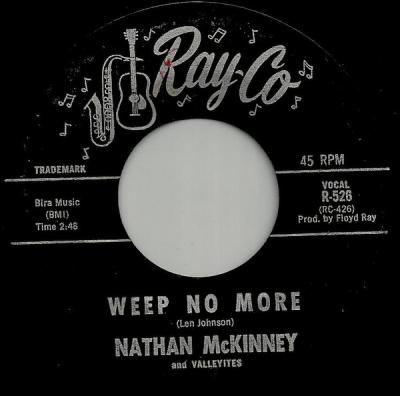
Weep no more, my baby for me
(continuer)
(continuer)
1/6/2020 - 22:54
Parcours:
Guerre au Vietnam: vue des USA
Bring 'Em on Home
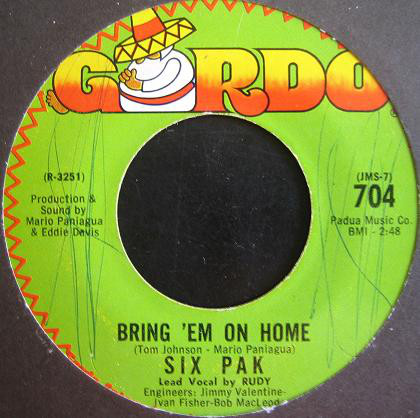
(1969)
Musica un po' copiata da You Ain't Go Nowhere (da The Basement Tapes di Bob Dylan & The Band interpretata anche da The Byrds)
Double-sided Vietnam War single by Chicano soul group Six Pak, released on the Californian label Gordo (# 704), founded by Eddie Davis (a sub-label of his Rampart Records). Both tracks had a Latin Soul feel to it - of course, the label focused on Mexican Americans.
This formed part of the West Coast 'Eastside Sound' music scene. According to the president of Rampart Steven Chavez: "almost 50% of the artists from the East Side Sound era served in combat roles in Viet Nam, losing their innocence to a war in the prime of their youth, and returned to a changed American music scene that pretty much turned their back on them with the advent of new genres like hard rock, heavy metal, punk, disco and the like".
Firstly, the group covered the song "Weep... (continuer)
Musica un po' copiata da You Ain't Go Nowhere (da The Basement Tapes di Bob Dylan & The Band interpretata anche da The Byrds)
Double-sided Vietnam War single by Chicano soul group Six Pak, released on the Californian label Gordo (# 704), founded by Eddie Davis (a sub-label of his Rampart Records). Both tracks had a Latin Soul feel to it - of course, the label focused on Mexican Americans.
This formed part of the West Coast 'Eastside Sound' music scene. According to the president of Rampart Steven Chavez: "almost 50% of the artists from the East Side Sound era served in combat roles in Viet Nam, losing their innocence to a war in the prime of their youth, and returned to a changed American music scene that pretty much turned their back on them with the advent of new genres like hard rock, heavy metal, punk, disco and the like".
Firstly, the group covered the song "Weep... (continuer)
One by one, numbers are called
(continuer)
(continuer)
1/6/2020 - 22:25
Parcours:
Guerre au Vietnam: vue des USA
Our Generation
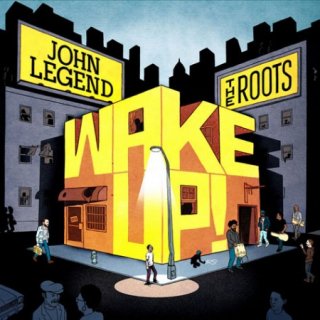
[2010]
Album “Wake Up!”
Questa era la versione originariamente inserita da Bartleby prima di trovare il testo originale di Ernie Hayes
Album “Wake Up!”
Questa era la versione originariamente inserita da Bartleby prima di trovare il testo originale di Ernie Hayes
OUR GENERATION (THE HOPE OF THE WORLD)
(continuer)
(continuer)
1/6/2020 - 22:00
La Terreur blanche
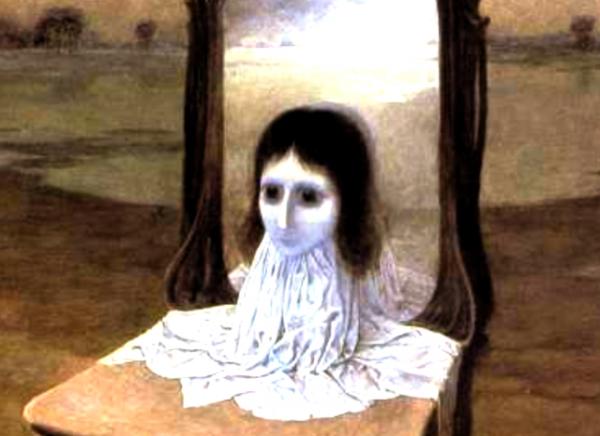
La Terreur blanche
Chanson française – La Terreur blanche – Marco Valdo M.I. – 2020
Quelques histoires albanaises, tirées de nouvelles d’Ismaïl Kadaré, traduites par Christian GUT et publiées en langue française en 1985 sous le titre La Ville du Sud.(6)
Dialogue Maïeutique
« La Terreur blanche », Lucien l’âne mon ami, voilà qui me rappelle quelque chose. La terreur est un mal qui se répand par toute la Terre : on en a vu des noires, des brunes, des rouges, des bleues, des vertes, des safrans et bien sûr, des blanches. De façon générale, il s’agit de massacrer ceux avec qui on n’est pas d’accord et de préférence, des civils désarmés et sans défense. Au fait, les Vaudois ont connu ça.
Oui, Lucien l’âne mon ami, dit Marco Valdo M.I. ; mais avant d’aller plus avant, je voudrais faire une petite précision : quand il s’agit de se massacrer entre militaires, on appelle ça la guerre. Pour en... (continuer)
Chanson française – La Terreur blanche – Marco Valdo M.I. – 2020
Quelques histoires albanaises, tirées de nouvelles d’Ismaïl Kadaré, traduites par Christian GUT et publiées en langue française en 1985 sous le titre La Ville du Sud.(6)
Dialogue Maïeutique
« La Terreur blanche », Lucien l’âne mon ami, voilà qui me rappelle quelque chose. La terreur est un mal qui se répand par toute la Terre : on en a vu des noires, des brunes, des rouges, des bleues, des vertes, des safrans et bien sûr, des blanches. De façon générale, il s’agit de massacrer ceux avec qui on n’est pas d’accord et de préférence, des civils désarmés et sans défense. Au fait, les Vaudois ont connu ça.
Oui, Lucien l’âne mon ami, dit Marco Valdo M.I. ; mais avant d’aller plus avant, je voudrais faire une petite précision : quand il s’agit de se massacrer entre militaires, on appelle ça la guerre. Pour en... (continuer)
Terreur blanche ! Terreur ! Terreur !,
(continuer)
(continuer)
envoyé par Marco Valdo M.I. 1/6/2020 - 21:51
L'uomo di Monaco
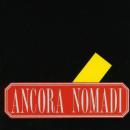
Questo cantante avrebbe potuto starsene in Italia e guardare i vecchi del bar sotto casa sua e tra loro certamente avrebbe potuto vedere più di uno che calpestò l'Europa. Ma ormai ci siamo raffigurati nei buoni e ci siamo scordato che in 3 anni e tre mesi abbiamo fatto porcate in mezza Europa.......
Giovanni 1/6/2020 - 20:51
Bella Ciao
anonyme
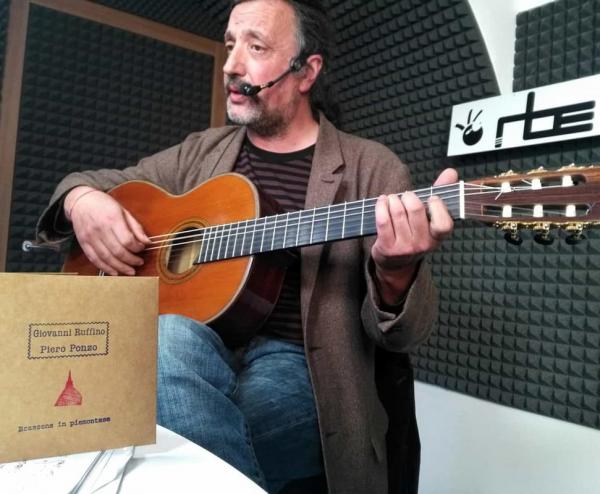
Giovanni Ruffino, musico, 1967-2020
"Bella Ciao", dal repertorio tradizionale, eseguita da Giovanni Ruffino (chitarra e voce), Pascal D'Ougy (fisarmonica), Pier Renzo Ponzo (clarinetto).
29 luglio 2019, L'Argentière-la-Bessée, France.
"Bella Ciao", dal repertorio tradizionale, eseguita da Giovanni Ruffino (chitarra e voce), Pascal D'Ougy (fisarmonica), Pier Renzo Ponzo (clarinetto).
29 luglio 2019, L'Argentière-la-Bessée, France.
B.B. 1/6/2020 - 19:10
Georges Brassens: Le Testament
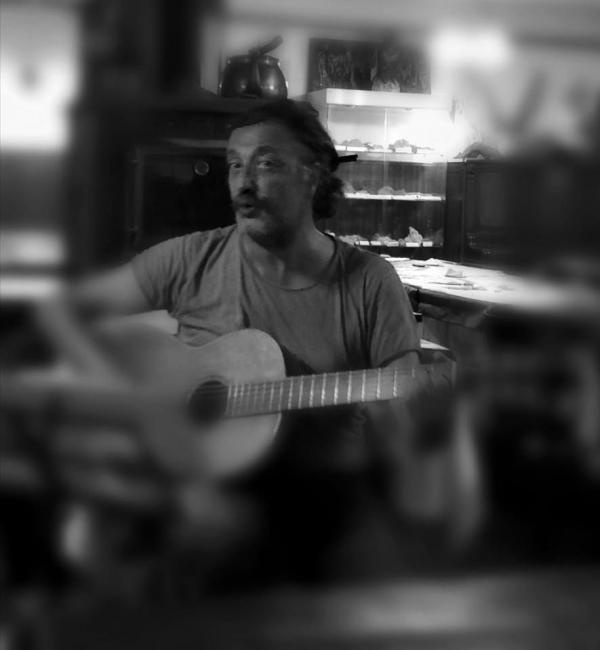
Interpretata da Alberto Del Monte
Il testamento di Giovanni Ruffino
Questa versione di Salvo Lo Galbo, noto cultore di Brassens, è dedicata ad un grande interprete del cantautore francese, Giovanni Ruffino, musicista, polistrumentista e autore del pinerolese, nonchè cultore della montagna, morto qualche giorno fa cadendo sulla cresta tra Français Pelouxe e Pelvo, sullo spartiacque tra Val Chisone e Valle di Susa.
Ho conosciuto Giovanni Ruffino qualche anno fa prima di un concerto al circolo Stranamore di Pinerolo. Non l'ho mai reincontrato dopo di allora. Ricordo una persona curiosa, ruvida, che non provava nemmeno a metterti a tuo agio. Non era accomodante. Voleva conoscerti e sapere che tipo di persona eri, se avevi qualcosa da dirgli oppure no. Non era un tipo facile, forse per questo amava tanto Brassens. E poi era uno straordinario musicista. Io, sicuramente, non avevo molto da dirgli,... (continuer)
Il testamento di Giovanni Ruffino
Questa versione di Salvo Lo Galbo, noto cultore di Brassens, è dedicata ad un grande interprete del cantautore francese, Giovanni Ruffino, musicista, polistrumentista e autore del pinerolese, nonchè cultore della montagna, morto qualche giorno fa cadendo sulla cresta tra Français Pelouxe e Pelvo, sullo spartiacque tra Val Chisone e Valle di Susa.
Ho conosciuto Giovanni Ruffino qualche anno fa prima di un concerto al circolo Stranamore di Pinerolo. Non l'ho mai reincontrato dopo di allora. Ricordo una persona curiosa, ruvida, che non provava nemmeno a metterti a tuo agio. Non era accomodante. Voleva conoscerti e sapere che tipo di persona eri, se avevi qualcosa da dirgli oppure no. Non era un tipo facile, forse per questo amava tanto Brassens. E poi era uno straordinario musicista. Io, sicuramente, non avevo molto da dirgli,... (continuer)
IL TESTAMENTO DI GIOVANNI RUFFINO
(continuer)
(continuer)
envoyé par B.B. 1/6/2020 - 16:41
Peace
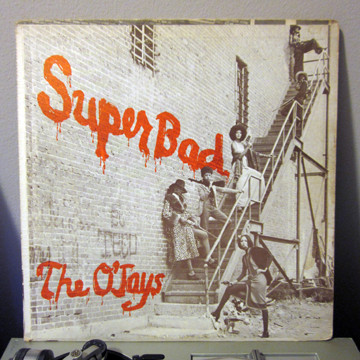
1971
Super Bad
The song "Peace" (Astroscope # AS-110) from 1972 took a general anti-war perspective, rather than specifically targeting Vietnam. The narrator commented that "I hear the people asking when will it end?" - probably a reference to the early 70s protest movement. It then made several religious / biblical references: "there was no evil in the garden" - the narrator suggested that the world needed to turn to love and peace. It featured on their 1971 album Super Bad (Trip Records # TLP-9510). Note that the group also released the Vietnam-related single There's Someone Waiting (Back Home) in 1969.
Vietnam War Songs
Come al solito ho cercato di integrare all'ascolto il testo parziale pubblicato su Vietnam War Songs, in questo caso con scarso successo...
Super Bad
The song "Peace" (Astroscope # AS-110) from 1972 took a general anti-war perspective, rather than specifically targeting Vietnam. The narrator commented that "I hear the people asking when will it end?" - probably a reference to the early 70s protest movement. It then made several religious / biblical references: "there was no evil in the garden" - the narrator suggested that the world needed to turn to love and peace. It featured on their 1971 album Super Bad (Trip Records # TLP-9510). Note that the group also released the Vietnam-related single There's Someone Waiting (Back Home) in 1969.
Vietnam War Songs
Come al solito ho cercato di integrare all'ascolto il testo parziale pubblicato su Vietnam War Songs, in questo caso con scarso successo...
I hear the people asking when will it end?
(continuer)
(continuer)
envoyé par Lorenzo 1/6/2020 - 16:19
When the World’s at Peace
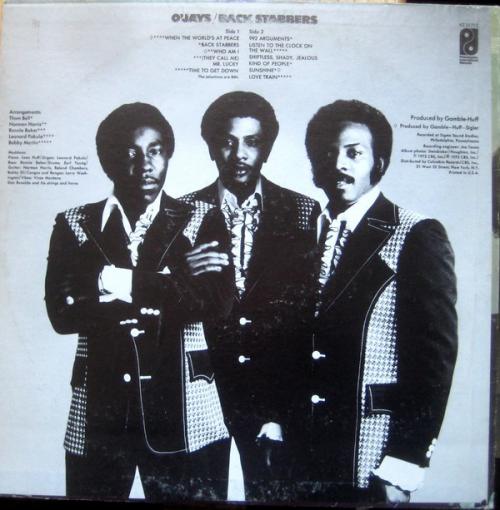
(1972)
dall'album Back Stabbers
dall'album Back Stabbers
(when the world is at peace)
(continuer)
(continuer)
1/6/2020 - 16:08
When I Come Home
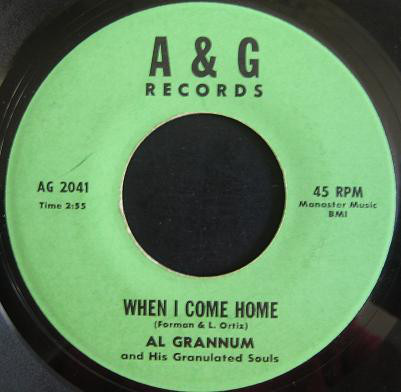
(1971?)
Double-sided anti-Vietnam War single, with the tracks "Why Is It?" and "When I Come Home"
Double-sided anti-Vietnam War single, with the tracks "Why Is It?" and "When I Come Home"
The second track "When I Come Home" was narrated from the perspective of "a soldier serving my country". He wondered why he had to kill other people. He hoped that when he returned to the US there would be a "lasting peace" in honour of those that had died.
Vietnam War: Soul, Gospel, & Funk Records
Vietnam War: Soul, Gospel, & Funk Records
A soldier serving my country
(continuer)
(continuer)
1/6/2020 - 15:46
Why Is It?
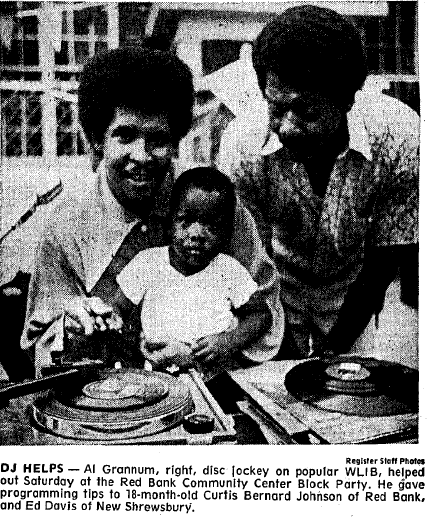
(1971?)
Double-sided anti-Vietnam War single, with the tracks "Why Is It?" and "When I Come Home" (A & G Records # AG 2041) - this label was almost certainly based in New York, with A & G standing for Al Grannum, a radio DJ for WLIB. His program in the late 1960s and early 1970s focused on R&B groups. This record was released under the name "Al Grannum & the Granulated Souls". There is a picture of Grannum in a 1971 article from the The Daily Register, based in Red Bank, New Jersey, in which Grannum was helping out at a community party. Is there a connection to Hugh Grannum, the Detroit based photographer? The record was also released in Jamaica - Why Is It? / When I Come Home (Dynamic Sounds # AG 2041).
So in the first track, "Why Is It?", the narrator, in spoken-word, said that he was "sick and tired" of hearing about children starving and "soldiers dying". He wanted to... (continuer)
Double-sided anti-Vietnam War single, with the tracks "Why Is It?" and "When I Come Home" (A & G Records # AG 2041) - this label was almost certainly based in New York, with A & G standing for Al Grannum, a radio DJ for WLIB. His program in the late 1960s and early 1970s focused on R&B groups. This record was released under the name "Al Grannum & the Granulated Souls". There is a picture of Grannum in a 1971 article from the The Daily Register, based in Red Bank, New Jersey, in which Grannum was helping out at a community party. Is there a connection to Hugh Grannum, the Detroit based photographer? The record was also released in Jamaica - Why Is It? / When I Come Home (Dynamic Sounds # AG 2041).
So in the first track, "Why Is It?", the narrator, in spoken-word, said that he was "sick and tired" of hearing about children starving and "soldiers dying". He wanted to... (continuer)
The way things are today is bad
(continuer)
(continuer)
1/6/2020 - 15:10
Parcours:
Guerre au Vietnam: vue des USA
Yuri
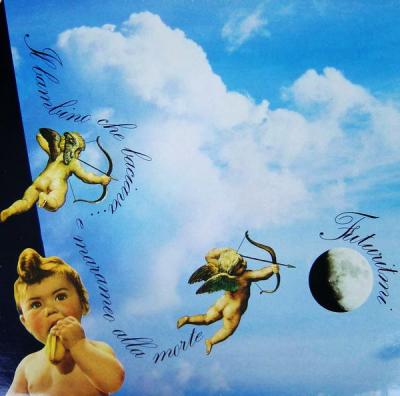
(1989)
Album: Il bambino che baciava... e marameo alla morte
Album: Il bambino che baciava... e marameo alla morte
Yuri stava sulla neve come me
(continuer)
(continuer)
envoyé par Alberto Scotti 1/6/2020 - 15:10
Wolny Tybet

[2017]
Album: Human Rights
"Bądź źródłem nadziei cokolwiek się stanie
Bądź źródłem współczucia, nie tylko dla swoich przyjaciół ale dla wszystkich
Cokolwiek się wokół Ciebie wydarzy
Nigdy nie trać nadziei !" (Dalajlama XIV)
Album: Human Rights
"Bądź źródłem nadziei cokolwiek się stanie
Bądź źródłem współczucia, nie tylko dla swoich przyjaciół ale dla wszystkich
Cokolwiek się wokół Ciebie wydarzy
Nigdy nie trać nadziei !" (Dalajlama XIV)
To nie jest sen to nie jest marzenie
(continuer)
(continuer)
envoyé par giorgio 1/6/2020 - 12:45
Euthanasiez-moi !
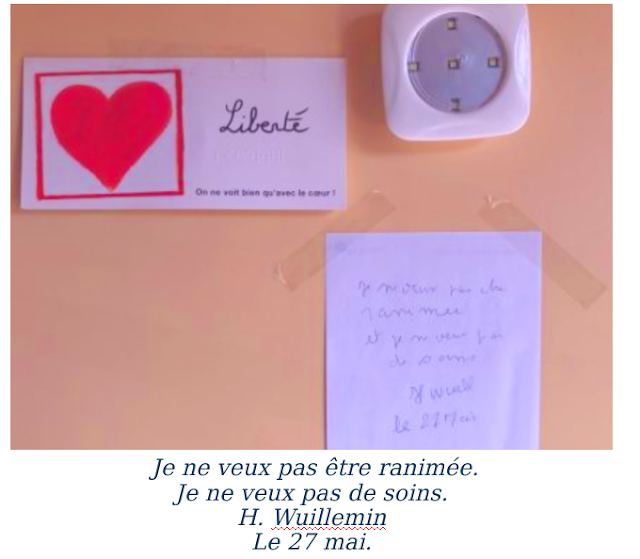
Je veux mourir, dit la centenaire.
Commentaire à la chanson Euthanasiez-moi !
Dialogue Maïeutique
Euthanasiez-moi, dit Lucien l’âne, est une chanson des plus utiles ; elle chante le choix de mourir, le droit à la liberté ; elle chante la liberté.
Car c’est une des libertés encore à conquérir que de pouvoir mourir à son heure, à l’heure que l’on choisit et de le faire dans de bonnes conditions.
Une ancienne institutrice, quelque part en France, a décidé de mourir. Elle a écrit un petit mot :
« Je ne veux pas être ranimée.
Je ne veux pas de soins.
H. Wuillemin
Le 27 mai.
Je cite ici une partie du texte de l’interview de Madame Wuillemin, relayée par France-info, intitulée :"Quand on souffre comme ça, ce n’est pas la peine de rester"
Quand on souffre comme ça, ce n'est pas la peine de rester Hélène, centenaire, en grève de la faim pour qu'on lui laisse le droit de mourir
« Hélène... (continuer)
Commentaire à la chanson Euthanasiez-moi !
Dialogue Maïeutique
Euthanasiez-moi, dit Lucien l’âne, est une chanson des plus utiles ; elle chante le choix de mourir, le droit à la liberté ; elle chante la liberté.
Car c’est une des libertés encore à conquérir que de pouvoir mourir à son heure, à l’heure que l’on choisit et de le faire dans de bonnes conditions.
Une ancienne institutrice, quelque part en France, a décidé de mourir. Elle a écrit un petit mot :
« Je ne veux pas être ranimée.
Je ne veux pas de soins.
H. Wuillemin
Le 27 mai.
Je cite ici une partie du texte de l’interview de Madame Wuillemin, relayée par France-info, intitulée :"Quand on souffre comme ça, ce n’est pas la peine de rester"
Quand on souffre comme ça, ce n'est pas la peine de rester Hélène, centenaire, en grève de la faim pour qu'on lui laisse le droit de mourir
« Hélène... (continuer)
Marco Valdo M.I. 1/6/2020 - 10:14
Guerra de uno
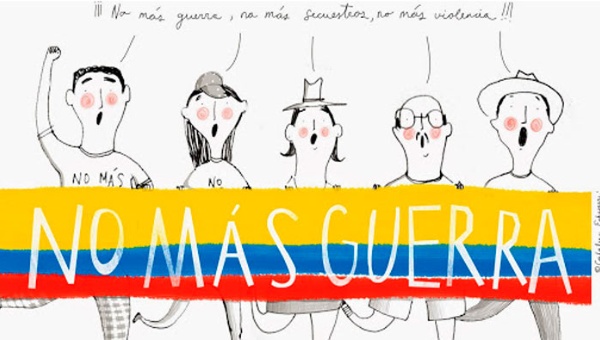
[2003]
Álbum: Inerte (Demo)
Una canción de crítica social. Es difícil ver la verdad bajo el fuego, pero la verdad es la verdad.. Guerra de uno es una canción contundente, con una realidad negra y una atmósfera negra.
Álbum: Inerte (Demo)
Una canción de crítica social. Es difícil ver la verdad bajo el fuego, pero la verdad es la verdad.. Guerra de uno es una canción contundente, con una realidad negra y una atmósfera negra.
¡Guerra de uno!
(continuer)
(continuer)
envoyé par giorgio 1/6/2020 - 09:00
(I Got) So Much Trouble in My Mind
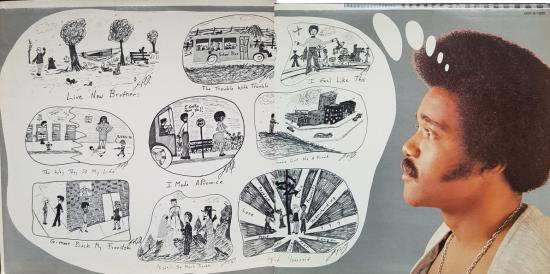
1972
I got so much trouble in my mind
(continuer)
(continuer)
31/5/2020 - 23:25
Parcours:
Guerre au Vietnam: vue des USA
Viet Nam
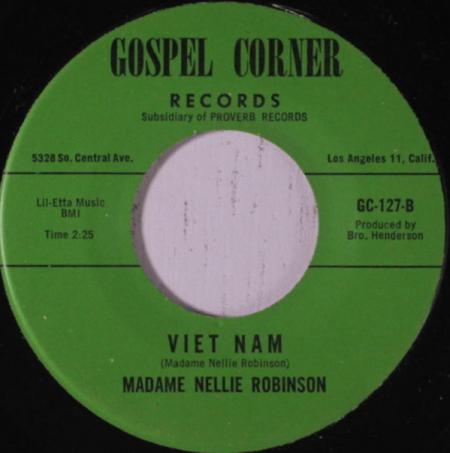
1968
In the blues / gospel track "Viet Nam" (Gospel Corner Records # GC-127) Madame Nellie Robinson pleaded for the conclusion of the Vietnam War - "settle this war in Vietnam" - in order to stop people from dying: "lord have mercy, a child is dying". It considered the pain felt by those fighting: "soldiers laying in mud". It also looked at the family and friends of soldiers in the US: "mothers and fathers at home crying". Robinson signed to the label Gospel Corner, based in Los Angeles, California, by Brother Hudson in 1968, a subsidiary of Proverb Records.
Composed by Madame Nellie Robinson. Produced by Bro. Henderson.
Vietnam War Songs Project
In the blues / gospel track "Viet Nam" (Gospel Corner Records # GC-127) Madame Nellie Robinson pleaded for the conclusion of the Vietnam War - "settle this war in Vietnam" - in order to stop people from dying: "lord have mercy, a child is dying". It considered the pain felt by those fighting: "soldiers laying in mud". It also looked at the family and friends of soldiers in the US: "mothers and fathers at home crying". Robinson signed to the label Gospel Corner, based in Los Angeles, California, by Brother Hudson in 1968, a subsidiary of Proverb Records.
Composed by Madame Nellie Robinson. Produced by Bro. Henderson.
Vietnam War Songs Project
Vietnam, Vietnam
(continuer)
(continuer)
31/5/2020 - 23:11
Parcours:
Guerre au Vietnam: vue des USA
See What You Done, Done (Hymn No. 9)
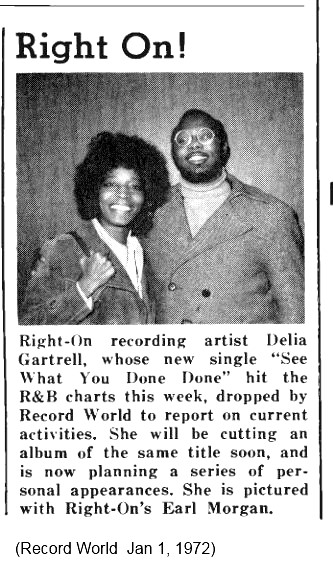
(1971)
The 1971 track "See What You Done, Done (Hymn No. 9)" about a Vietnam veteran who became a drug addict, was composed by Atlanta, Georgian soul singer Delia Gartrell and her husband James T. Shaw, otherwise known as The Mighty Hannibal (he also released a Vietnam War song in 1966 with a similar name, but different theme - Hymn No. 5). This Delia Gartrell single, originally released on the obscure Atlanta label Demin-Kalo (# JS-2/JS-3), was soon after picked up by the larger New York label Right-On Records (RR0-109).
Hannibal explained in an interview the inspiration for writing "See What You Done, Done": "Me and my wife were watching the news and Walter Cronkite was talking about how all the soldiers were coming back from Vietnam addicted to opium". Thus, the song provides a representation of veteran drug addiction associated with the Vietnam War:
Vietnam War Song Project
The 1971 track "See What You Done, Done (Hymn No. 9)" about a Vietnam veteran who became a drug addict, was composed by Atlanta, Georgian soul singer Delia Gartrell and her husband James T. Shaw, otherwise known as The Mighty Hannibal (he also released a Vietnam War song in 1966 with a similar name, but different theme - Hymn No. 5). This Delia Gartrell single, originally released on the obscure Atlanta label Demin-Kalo (# JS-2/JS-3), was soon after picked up by the larger New York label Right-On Records (RR0-109).
Hannibal explained in an interview the inspiration for writing "See What You Done, Done": "Me and my wife were watching the news and Walter Cronkite was talking about how all the soldiers were coming back from Vietnam addicted to opium". Thus, the song provides a representation of veteran drug addiction associated with the Vietnam War:
Vietnam War Song Project
Can't you see what you done done to my only son
(continuer)
(continuer)
31/5/2020 - 22:37
Parcours:
Guerre au Vietnam: vue des USA
Der Himmel über Berlin [Der Himmel Über Berlin]
![Der Himmel über Berlin [Der Himmel Über Berlin]](img/upl/WestBerlin_Anhalter_Bahnhof.jpg)
Der Himmel über Berlin
[1987]
Film / Movie / Elokuva:
Wim Wenders
Der Himmel über Berlin / Il cielo sopra Berlino / Wings of Desire / Les Ailes du désir / Berliinin taivaan alla
Musik / Musica / Music / Musique / Sävel:
Jürgen Knieper
Album: Der Himmel Über Berlin
“Auf jeden Fall kann man sich nicht verlaufen, man kommt immer wieder an der Mauer an /In ogni caso non ci si può perdere, alla fine si arriva sempre al muro è la frase che pronuncia Marion, la donna di cui Damiel si innamora, entrambi protagonisti del film. Die Mauer / il Muro non è l’argomento principale del film ma se non fosse stato in servizio, a mio avviso, Wenders non avrebbe concepito il film come poi lo ha realizzato.
Il film è un tessuto tra passato e presente, tra una città che cinquant’anni prima era il centro dell’Europa, una cultura secolare da cui non era possibile prescindere ed una città ridotta... (continuer)
[1987]
Film / Movie / Elokuva:
Wim Wenders
Der Himmel über Berlin / Il cielo sopra Berlino / Wings of Desire / Les Ailes du désir / Berliinin taivaan alla
Musik / Musica / Music / Musique / Sävel:
Jürgen Knieper
Album: Der Himmel Über Berlin
“Auf jeden Fall kann man sich nicht verlaufen, man kommt immer wieder an der Mauer an /In ogni caso non ci si può perdere, alla fine si arriva sempre al muro è la frase che pronuncia Marion, la donna di cui Damiel si innamora, entrambi protagonisti del film. Die Mauer / il Muro non è l’argomento principale del film ma se non fosse stato in servizio, a mio avviso, Wenders non avrebbe concepito il film come poi lo ha realizzato.
Il film è un tessuto tra passato e presente, tra una città che cinquant’anni prima era il centro dell’Europa, una cultura secolare da cui non era possibile prescindere ed una città ridotta... (continuer)
strumentale
envoyé par Riccardo Gullotta 31/5/2020 - 19:01
Parcours:
Le Mur de Berlin, 1961-1989
Bring My Buddies Back
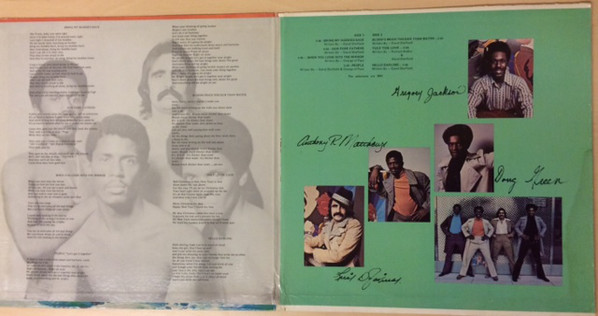
1971
(David Sheffield)
Soul song called "Bring My Buddies Back" (Stone Lady # SL-006), which had a very similar sound and theme to Freda Payne's "Bring The Boys Home" - except in this case the plea came from the perspective of a war veteran, asking the government to end the war and send his friends home.
The very first line actually referenced Payne, saying: "Hey Freda, maybe you were right". The song went on to recall one of his friends dying in Vietnam because of the "lack of doctors". Not much is know of this group. They probably came from the East Coast - their label Stone Lady was based in New Jersey, founded by David L. Sheffield, who composed this and most of the songs on their album. The members of the group were Luis Farinas (tenor vocals), Doug Green (lead vocals), Greg Jackson (tenor vocals), and Tony Matthews (bass vocals).
This song also featured on the album "Bring My Buddies Back" (Stone Lady # 1001), the front cover of which has a painting of marching troops in Vietnam.
Vietnam War Songs Project
(David Sheffield)
Soul song called "Bring My Buddies Back" (Stone Lady # SL-006), which had a very similar sound and theme to Freda Payne's "Bring The Boys Home" - except in this case the plea came from the perspective of a war veteran, asking the government to end the war and send his friends home.
The very first line actually referenced Payne, saying: "Hey Freda, maybe you were right". The song went on to recall one of his friends dying in Vietnam because of the "lack of doctors". Not much is know of this group. They probably came from the East Coast - their label Stone Lady was based in New Jersey, founded by David L. Sheffield, who composed this and most of the songs on their album. The members of the group were Luis Farinas (tenor vocals), Doug Green (lead vocals), Greg Jackson (tenor vocals), and Tony Matthews (bass vocals).
This song also featured on the album "Bring My Buddies Back" (Stone Lady # 1001), the front cover of which has a painting of marching troops in Vietnam.
Vietnam War Songs Project
One two, three four...
(continuer)
(continuer)
31/5/2020 - 17:30
Parcours:
Guerre au Vietnam: vue des USA
The Dean Rusk Song
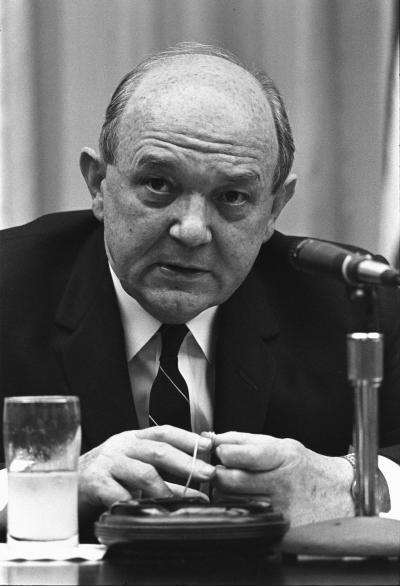
1967
From the album "Hey, Hey...LBJ! Songs of the U.S. Antiwar Movement" (Crisis Records # LP-001 / US / LP / 33rpm)
Dean Rusk (1909-1994) segretario di stato dal 1961 al 1969 sotto le presidenze di Kennedy e Johnson e convinto sostenitore della guerra in Vietnam.
From the album "Hey, Hey...LBJ! Songs of the U.S. Antiwar Movement" (Crisis Records # LP-001 / US / LP / 33rpm)
Dean Rusk (1909-1994) segretario di stato dal 1961 al 1969 sotto le presidenze di Kennedy e Johnson e convinto sostenitore della guerra in Vietnam.
Oh, I'm weary and I'm harried and I don't know what to do
(continuer)
(continuer)
31/5/2020 - 17:00
Parcours:
Guerre au Vietnam: vue des USA
Johnny Comes Marching Home
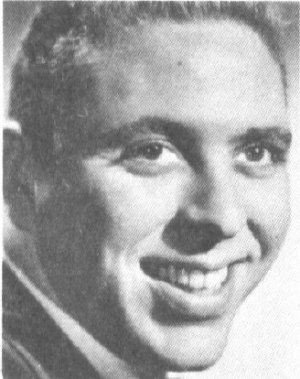
1970
Citazione della canzone popoloare When Johnny Comes Marching Home (vedi Johnny I Hardly Knew Ye)
Citazione della canzone popoloare When Johnny Comes Marching Home (vedi Johnny I Hardly Knew Ye)
When Johnny comes marching home again hurrah, hurrah,
(continuer)
(continuer)
31/5/2020 - 16:16
Parcours:
Guerre au Vietnam: vue des USA
Il mio canto libero
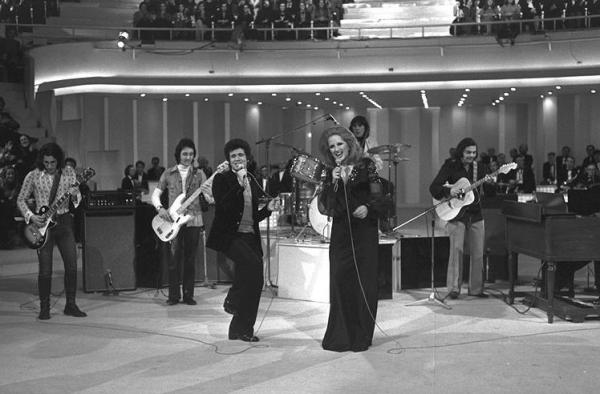
[1972]
Testo di Giulio Rapetti, in arte Mogol
Musica di Lucio Battisti
Title track dell'album del 1972, da cui anche Gente per bene e gente per male, già su queste pagine.
Capolavoro assoluto, sia dal punto di vista poetico che da quello musicale.
Un testo probabilmente riferito alle vicende personali di Mogol in quel periodo, e tuttavia capace di un afflato universale contro la violenza e la ferocia dilaganti nel mondo, per l'amore universale, non solo dell'uomo e della donna ma dell'essere umano per la Terra e la Natura, di ogni essere umano verso i propri simili e per l'ambiente in cui viviamo.
Capolavoro umiliato da destra, che arrivò a violentare il testo interprentandolo addirittura come nostalgico del Ventennio, e da sinistra, bollato come manifesto di un autore fascistoide dedito ad un borghese riflusso nel privato.
Era semplicemente il Suo Canto Libero, e per questa la propongo, umilmente negli Extra, convinto però che si tratti proprio di una Canzone Contro la Guerra DOCG...
Testo di Giulio Rapetti, in arte Mogol
Musica di Lucio Battisti
Title track dell'album del 1972, da cui anche Gente per bene e gente per male, già su queste pagine.
Capolavoro assoluto, sia dal punto di vista poetico che da quello musicale.
Un testo probabilmente riferito alle vicende personali di Mogol in quel periodo, e tuttavia capace di un afflato universale contro la violenza e la ferocia dilaganti nel mondo, per l'amore universale, non solo dell'uomo e della donna ma dell'essere umano per la Terra e la Natura, di ogni essere umano verso i propri simili e per l'ambiente in cui viviamo.
Capolavoro umiliato da destra, che arrivò a violentare il testo interprentandolo addirittura come nostalgico del Ventennio, e da sinistra, bollato come manifesto di un autore fascistoide dedito ad un borghese riflusso nel privato.
Era semplicemente il Suo Canto Libero, e per questa la propongo, umilmente negli Extra, convinto però che si tratti proprio di una Canzone Contro la Guerra DOCG...
In un mondo che
(continuer)
(continuer)
envoyé par Bernart Bartleby 31/5/2020 - 14:49
Parcours:
Chansons d'amour contre la guerre
I've Been Told
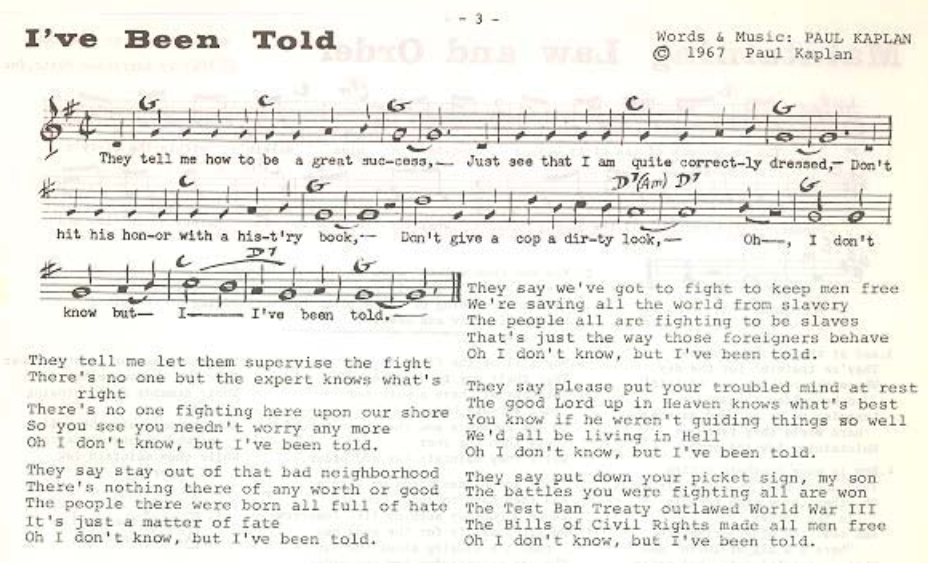
Pubblicato in Broadside #83 (Agosto 1967)
They tell me how to be a great success
(continuer)
(continuer)
31/5/2020 - 14:32
Asya-Afrika

Allora, prova ad ascoltarne la versione jazz di Dafne Sahin, può darsi che ti piaccia di più.
Asya Afrika Sarkisi
Provided to YouTube by The Orchard Enterprises Asya Afrika Sarkisi · Lucia MartÃnez · Matti Klein · Ofer Wetzler · Defne Sahin Yasamak â 2016 Double Moon Rec...
Flavio Poltronieri 31/5/2020 - 10:45
Tutti colpevoli
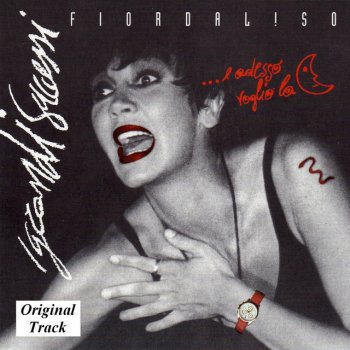
(1994)
Uno dei due inediti nella raccolta E adesso voglio la luna (I grandi successi)
Uno dei due inediti nella raccolta E adesso voglio la luna (I grandi successi)
Non siamo neanche tristi
(continuer)
(continuer)
envoyé par Alberto Scotti 31/5/2020 - 00:56
×
![]()

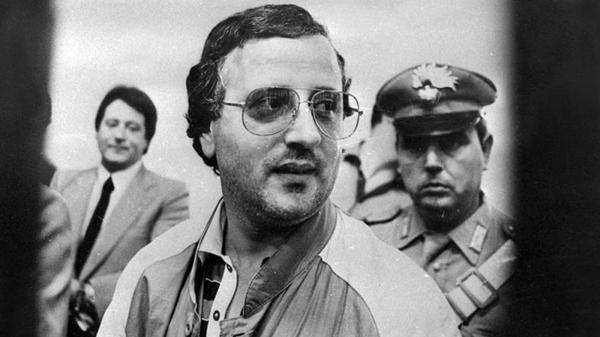
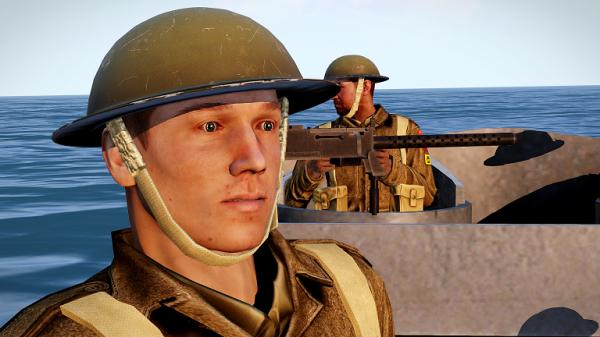
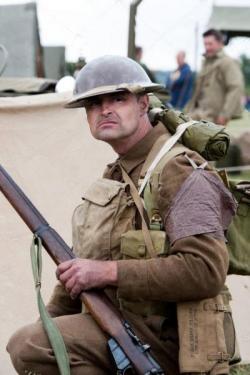
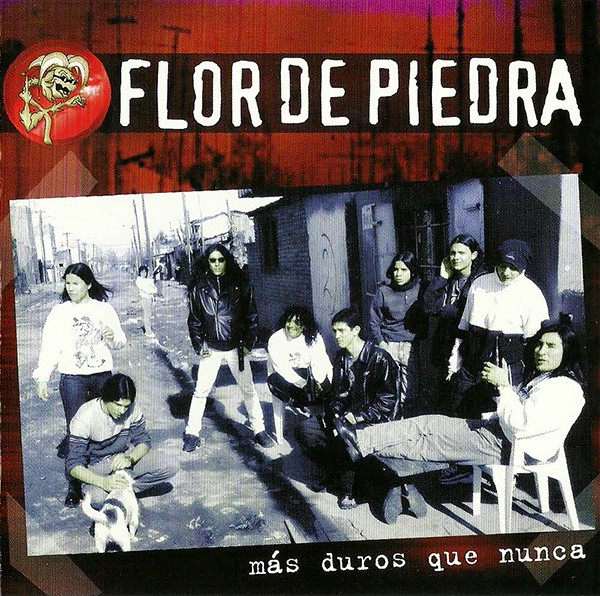
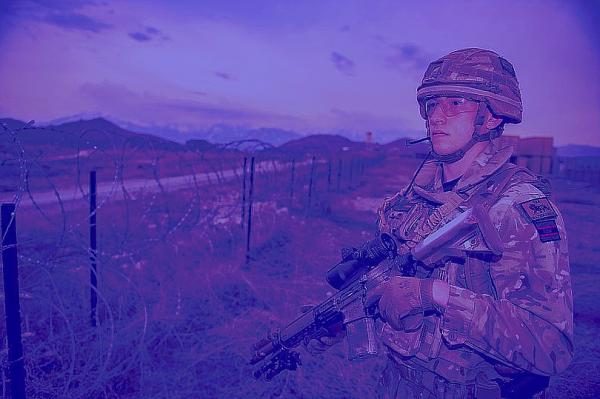

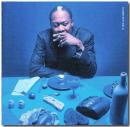

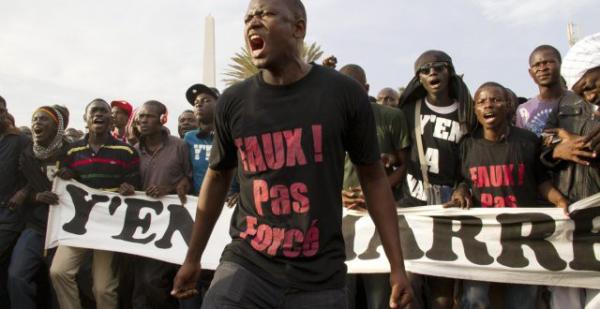


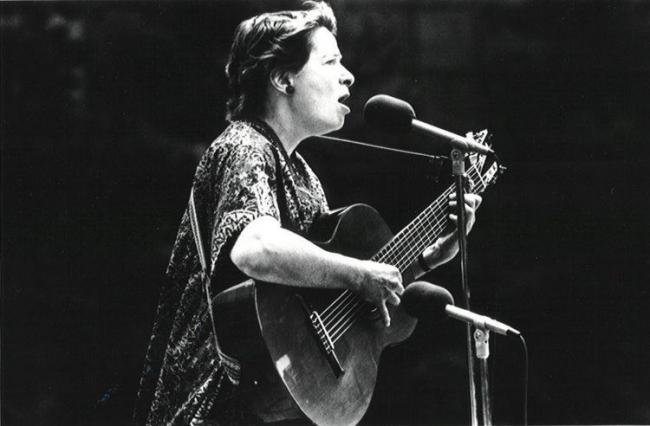
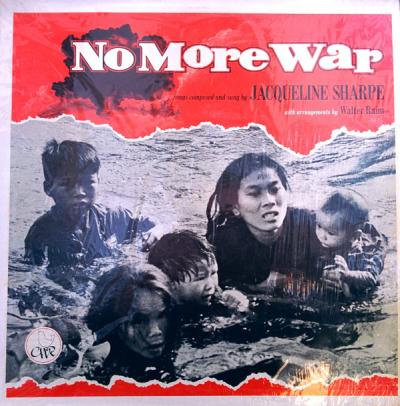
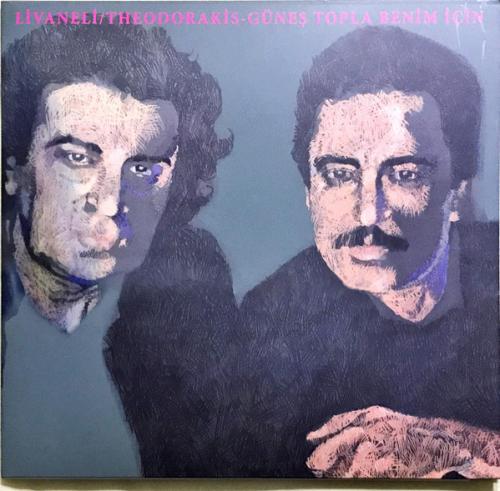

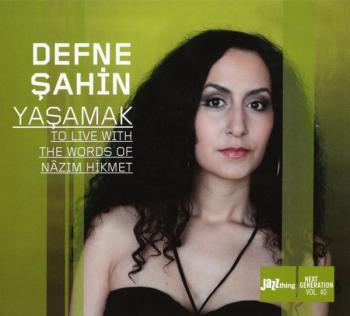
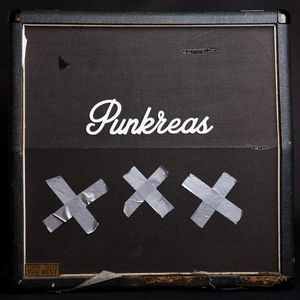
Nathan McKinney recorded the doo-wop track "Weep No More", composed by the blues man Len Johnson. The song, released on the Los Angeles based label Rayco Records (R-526), founded by Floyd Ray, contained themes of the Vietnam War. It is narrated from the soldier's perspective, who tells us that "Uncle Sam is calling for me", and that he is resigned to leaving those he loves: "So I guess I'll have to go".
Vietnam War Songs